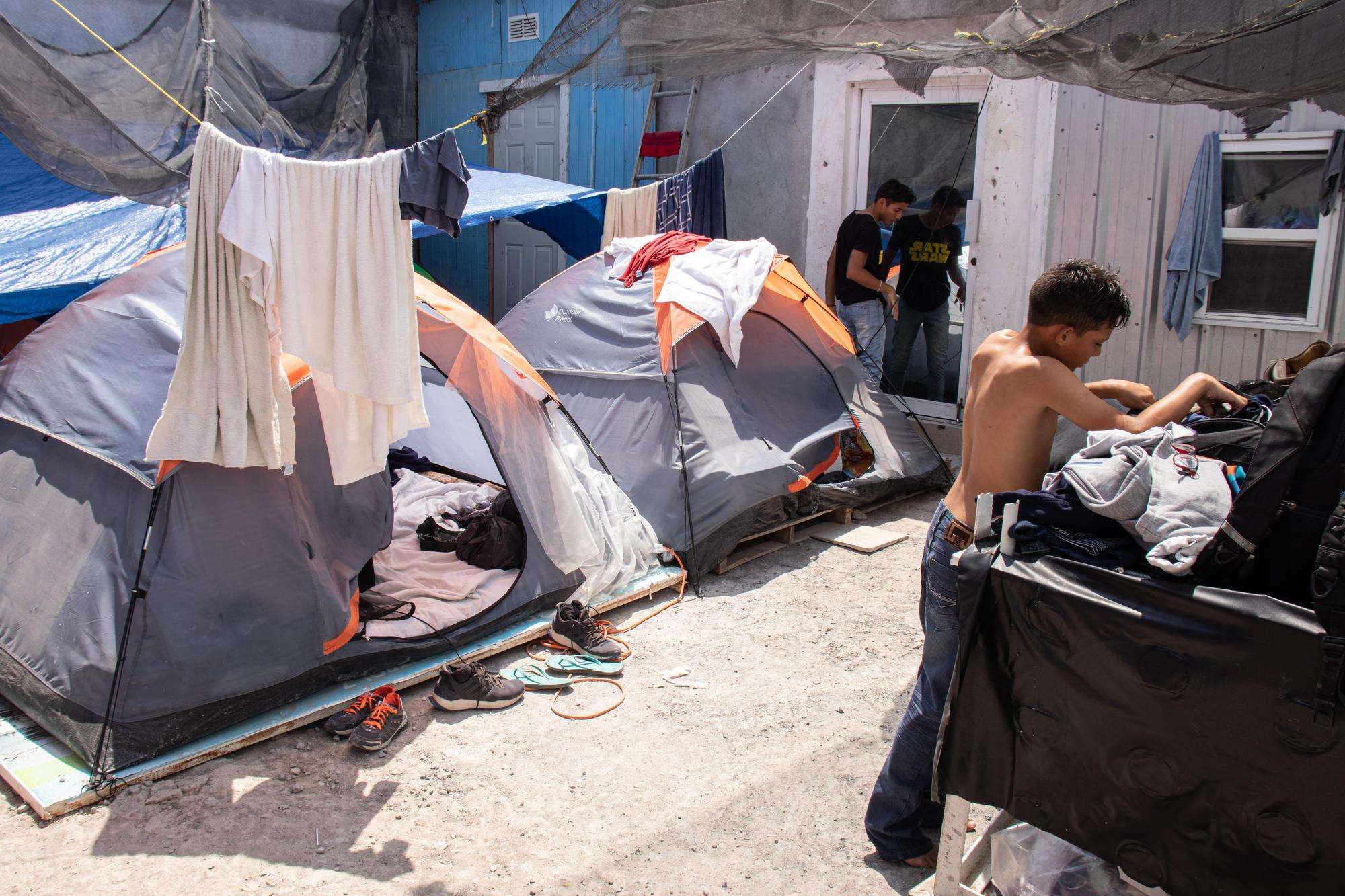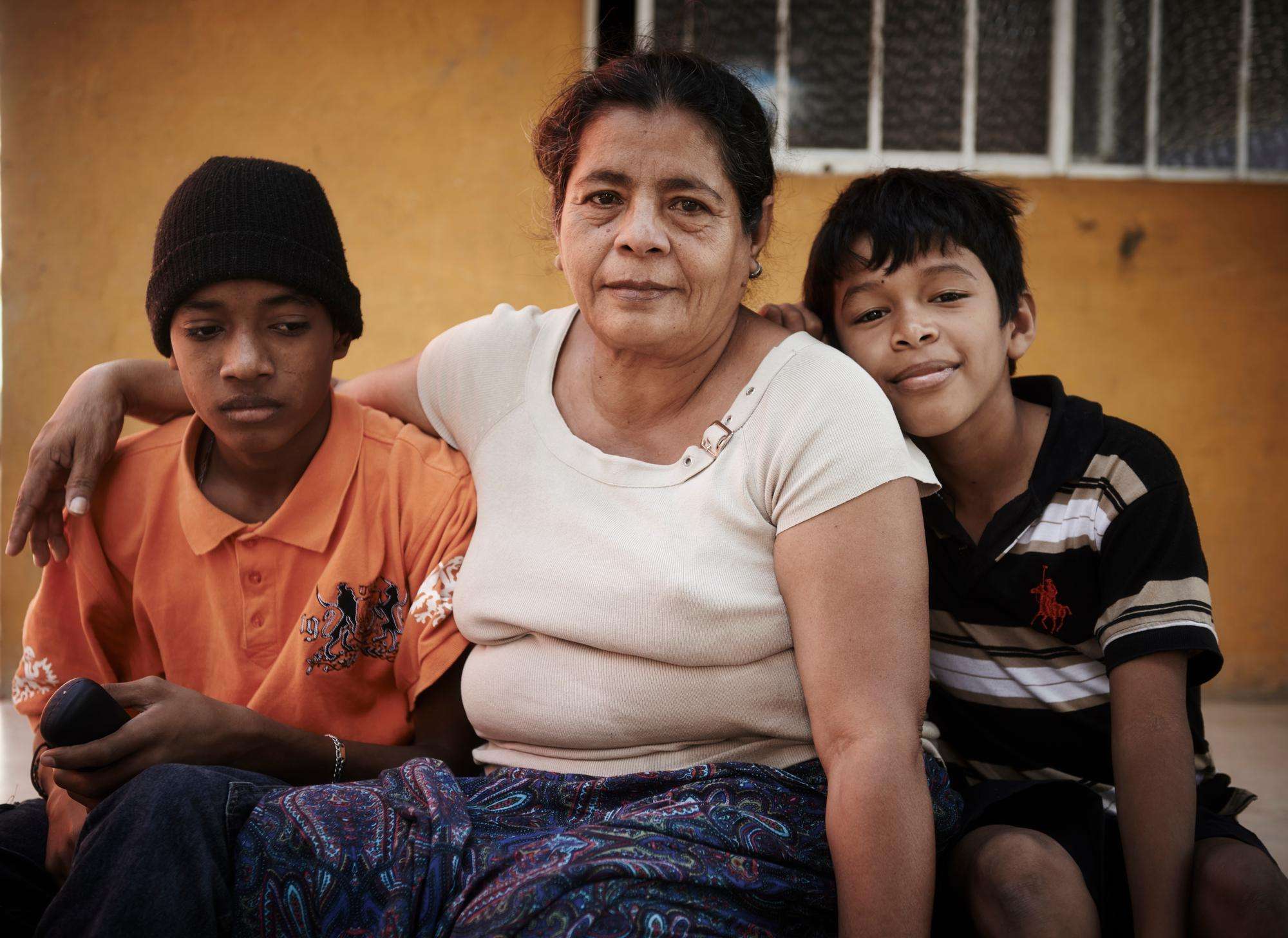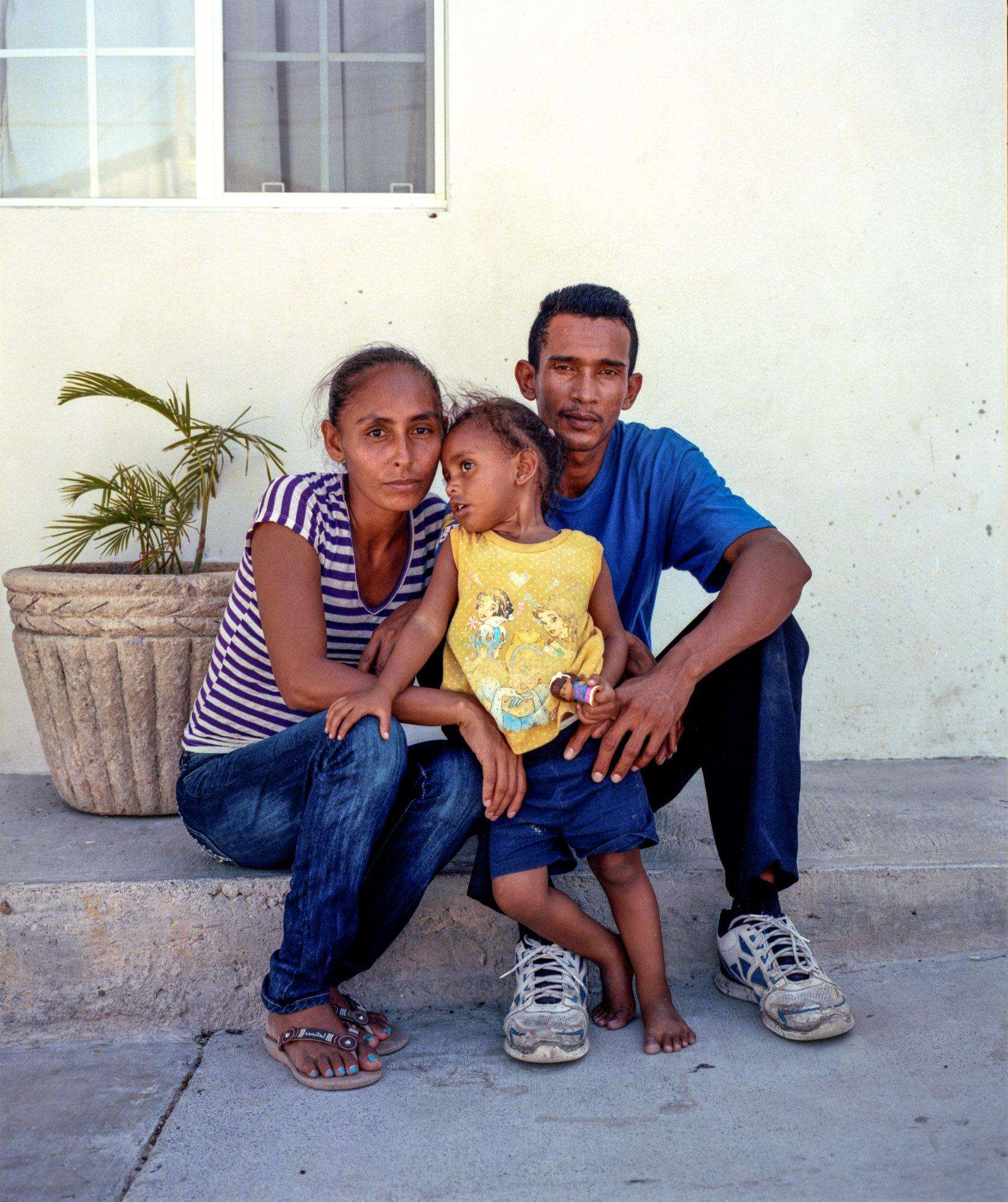Mexico City/New York, September 5, 2019—The United States policy forcing asylum seekers to remain in Mexico while awaiting legal proceedings is endangering the lives of vulnerable people trapped in cities with high rates of violence in Tamaulipas state, the international medical humanitarian organization Doctors Without Borders/Médecins Sans Frontières (MSF) said Thursday. In addition to the serious security concerns, there is a lack of adequate humanitarian assistance provided by the Mexican government.
The policy, officially known as the Migrant Protection Protocols (MPP), forces asylum seekers to wait in Mexico while their cases are processed, staying in cities such as Matamoros in Tamaulipas state, where poor infrastructure, and high levels of violence—including kidnapping, extortion, armed robbery, and sexual violence—are putting their lives at risk. Tamaulipas state is designated by the US State Department with a level four “do not travel” warning due to extreme dangers of crime and kidnapping.
“It is unacceptable that vulnerable people—women, children, families, and men—are forced to live in dangerous conditions, exposed to violence by criminal gangs and treated inhumanely by Mexican and US authorities,” said Dr. Marcelo Fernandez, MSF’s head of mission in Mexico.
Since the MPP was implemented in Matamoros in August, MSF teams have witnessed the forced return of approximately 100 asylum seekers a day. The city has few shelters and is ill-equipped to receive them. Most asylum seekers are living in unhealthy conditions with inadequate drinking water and health services. Some asylum seekers are sleeping in improvised tents in the streets, where they are exposed to the violence perpetrated by criminal groups vying for control of the area.
Between June 2018 and July 2019, 45 percent of the 2,315 people (either migrants, asylum seekers, refugees, or returnees) treated by MSF mental health teams in Reynosa and Matamoros reported being victims of violence during their journey through Mexico. Of these, one in three were physically assaulted and one in five survived sexual violence.
MSF teams are providing medical and psychosocial care along the migration route through Mexico, including in shelters in Nuevo Laredo, Reynosa, and Matamoros. All shelters are at capacity and the situation has deteriorated since July, when MSF spoke out about the dangers facing asylum seekers in Tamaulipas state. At the time, asylum seekers were being sent to Nuevo Laredo. In August, Matamoros was added as a reception point.
“They returned me to Matamoros with my daughter,” said Monica, an asylum seeker from Honduras and MSF patient. “The Mexican authorities didn’t give me any information about where the shelters are and where we could spend the night. I don’t know this place, but I do know that it’s dangerous.”
MSF is also concerned about a new measure being implemented by the Mexican government to transfer groups of migrants and asylum seekers to the south of the country. This puts lives at risk, sending people back into danger and effectively forcing them to restart their journey north along routes plagued by violence.
MSF calls on the US government to cease sending asylum seekers back to places where they face violence and persecution, and on the US and Mexican governments to end migration policies that endanger people’s lives. The US and Mexico should implement measures that protect displaced people and guarantee urgently needed humanitarian assistance.






